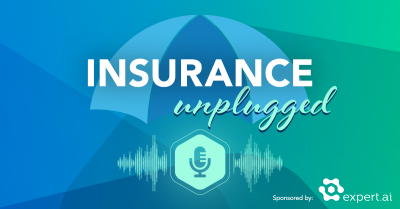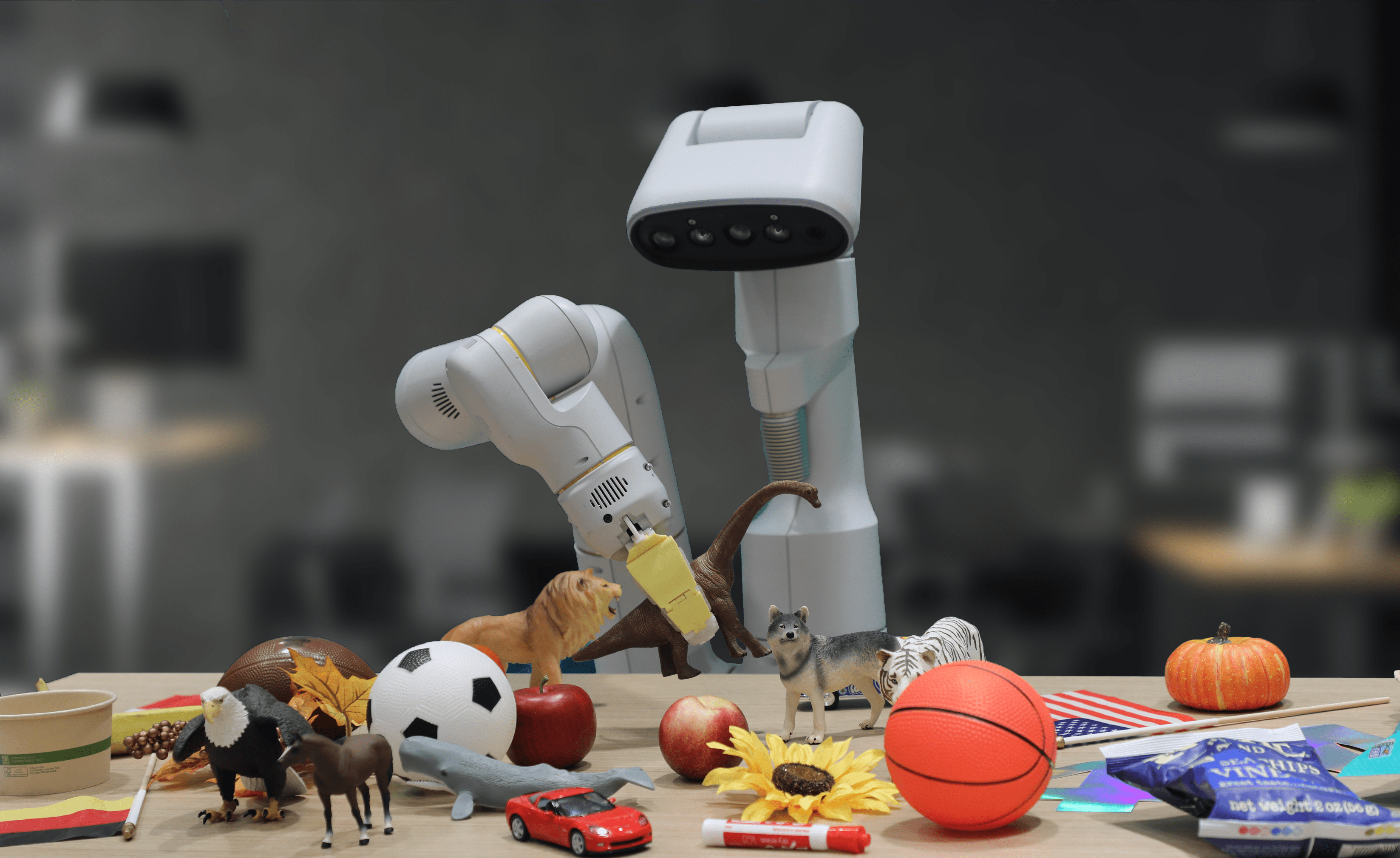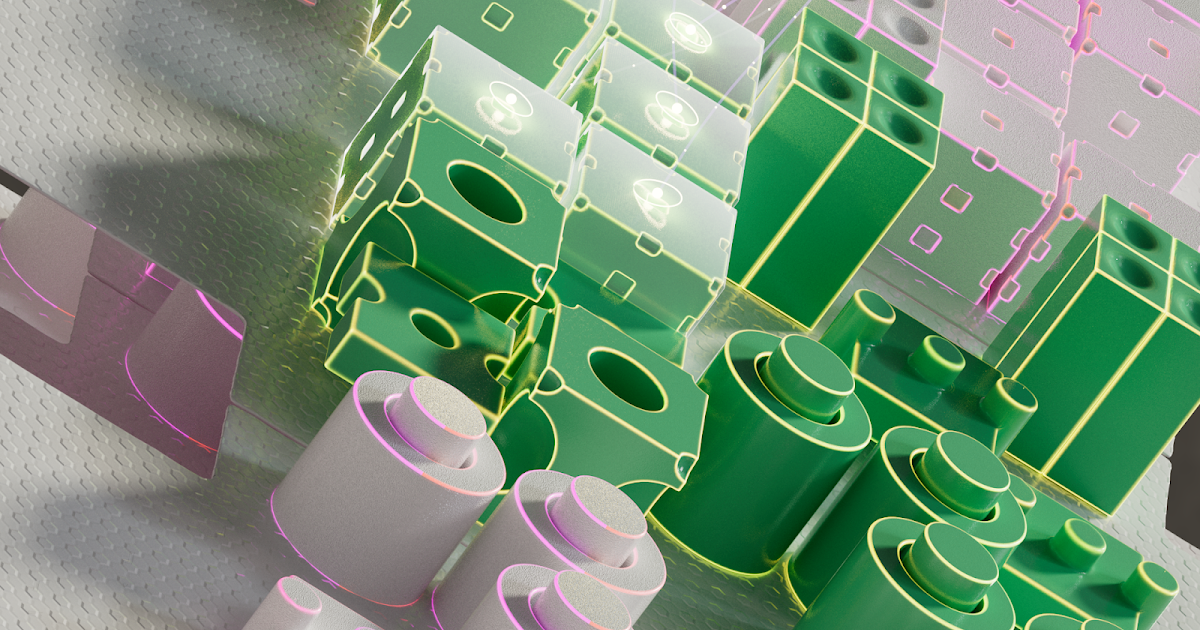In the insurance industry, fundamental shifts are happening thanks to AI, and being able to navigate these evolutions requires an eye on the big picture. For Rory Yates, the ecosystem-first mindset is just one of the ways that insurers can capitalize on the potential that AI offers, but there’s still a lot of work to be done.
“Start with an ecosystem-first mindset: we can create more value and solve more problems together.”
Rory is the Chief Strategy Officer at EIS Ltd, a global provider of engineering and technology solutions and a recent guest on the Insurance Unplugged podcast, hosted by Lisa Wardlaw, where they talked about the importance of ecosystem thinking, the “great collision” that’s coming with insurance and AI and much more.
Here are some highlights from their conversation:
Freeing Human Capital
With AI, we’re replacing the human tasks that we might otherwise not like to do; I tend to think of it as freeing human capital. In other words: I’ve got a great claims adjusting team that I’m freeing to do things that will allow them to make our product better, so that they’re not adjusting for those claims outcomes that support our ambitions around risk mitigation because they’ve got all this knowledge, this understanding. Those tasks are still something that machines would struggle with, and we would want human interpretation for them.
We have an opportunity to bring the workforce into this new phase and allow them to bring even more value.
The Ecosystem is the Real Transformation
The insurance industry has had this value chain mindset. We still maximize profits, maximize distribution in that value chain model. We think of that assess risk, price, risk, distribute product.
But the real transformation that’s happening is that we’re moving into the ecosystem world.
There are five things driving what I call the DNA of the ambitious insurer: risk mitigation, embedding, intuitive, adaptive and carbon neutral. The thing that makes that DNA possible, the thing that connects those strands, is data.
For me, the ecosystem-driver businesses are companies that are able to maximize their knowledge of a customer and their ability to act on it. And in this more circular model, value is not just distributed linearly or in a value chain, it is circular. It becomes something that we share, that we optimize together, and that’s all going to be fueled by knowledge and the ability to optimize.
It’s why I always talk about data as a perishable asset, and this is where AI comes in and where AI has already come in. The enabler of this ecosystem is going to be fueled by greater degrees of intelligence orchestration, that ability to act on data, and that’s vital to insurance.
The Great Collision is Coming
I think AI is in a big collision with a sort of protracted transformation tipping point that we’ve been going through for some time.
So, when I talk about the great collision, it’s in two parts. It’s the fact that AI really is only possessed by a very small number of people. Our industry is tiny and very noisy. Because it’s got huge ROI cases behind it, a load of investment coming in right now. So, it’s very, very noisy. But there are probably only 50 people that you could genuinely say understand this topic sufficiently at the enterprise scale. There are many more experts that could tell you how to intermediate a claims process or specific area.
If we’re going to utilize those technologies, insurers actually need to know and be able to regulate that for themselves at scale, right? Because the regulators will come to them, and this is why I talk about the great collision this year. Regulation is going to catch up.
There’s no way they’re not going to turn around to insurers and say, ‘you are still accountable for what that’s doing.’ You can’t just tell me you’ve done your due diligence on the technology selection. You perhaps understand the sources going into that AI model, whatever decision it’s making, whether it’s hallucinating or not…you are still going to be accountable for that.
We’ve got a collision going on in the technology that’s not just insurance, but across the board. There are too few people who genuinely understand this technology sufficiently to be able to apply it to industry.
Call to Action: Ecosystem-First Thinking
My call to action is that we’ve got to start thinking ecosystem first. If insurers thought ecosystem first, it would be a lot easier to gain value than you think. And as I said, it’s much more, it’s reversing the insurance process. Insurance is funding and fueling so many other industries. You get the opportunity then to turn around to them and say, how much value can we create together? You tell me if there’s somewhere I can be more valuable or you can be more valuable. Come and tell us because we’ve got the tooling, the business model, and we’ve got the dynamic data fluidity that we need to make that possible. And at the moment, we’re trying to solve all the problems for ourselves.
We must think like an ecosystem. We have the customer. We have a lot of knowledge in this industry. So, if we could proliferate that in our interactions with the world and be ecosystem first, I think we would solve a lot more problems.
Listen to Insurance Unplugged
Join host Lisa Wardlaw for this expert.ai-sponsored series of candid conversations with industry leaders about the world of insurance. New episodes drop every Wednesday! Subscribe or click to listen in!




